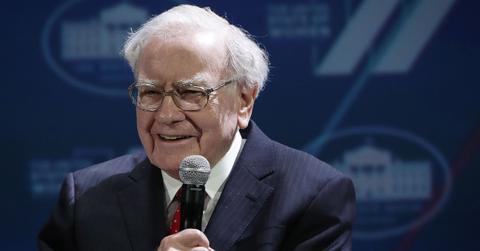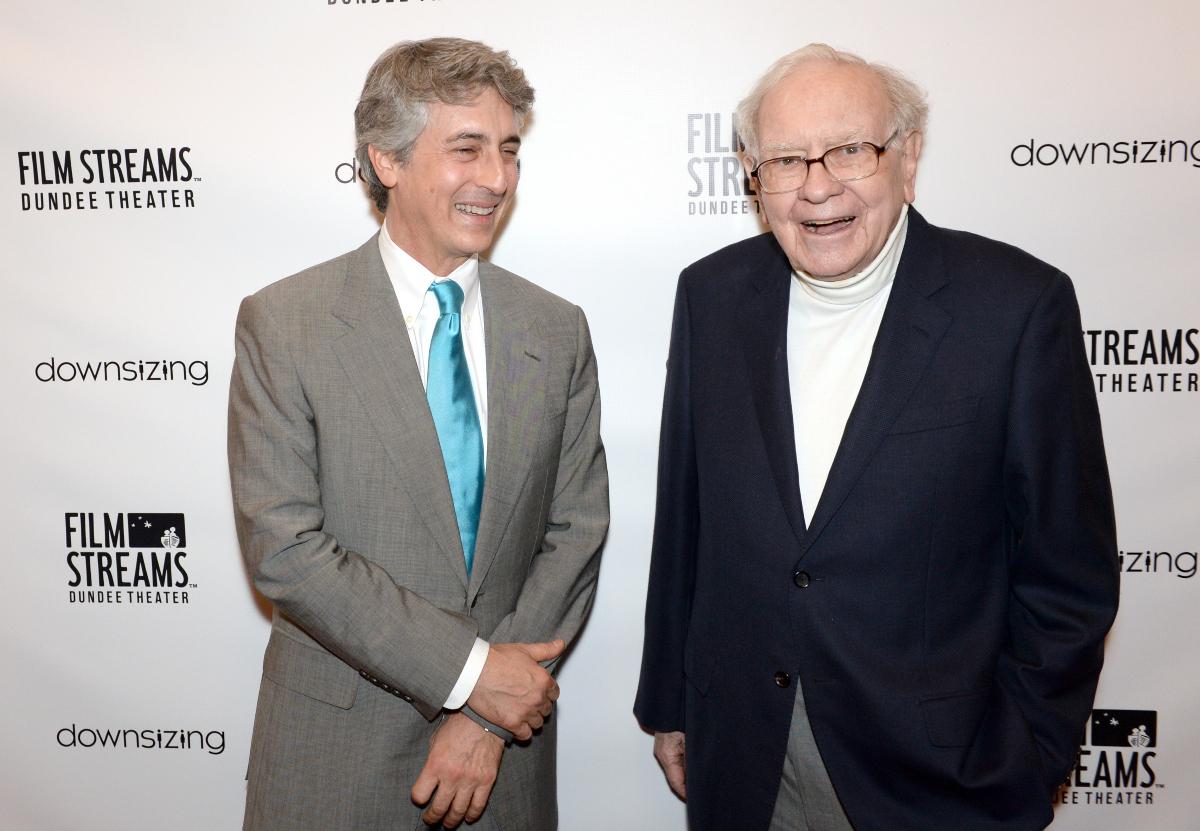Warren Buffett's Investing Strategy: Does He Really Buy the Dip?
One investing strategy that value investors follow is to buy the dip in quality stocks. Does Warren Buffett buy the dip?
Nov. 19 2021, Published 11:09 a.m. ET
Berkshire Hathaway chairman Warren Buffett is among the greatest value investors of all time. Recently, the conglomerate released its 13F for the third quarter, which had some surprises. Many investors try to emulate Buffett’s investing strategy. One of the investing strategies that value investors follow is to buy the dip in quality stocks. Does Buffett buy the dips?
Berkshire Hathaway’s third-quarter 13F revealed a new position in Royalty Pharma. However, it exited Merck and trimmed stakes in Bristol Myers Squibb and AbbVie. The company increased stakes in Chevron and bought a new stake in Floor & Decker Holdings.
Warren Buffett's investing strategy
While Buffett hasn’t written about his investing strategy, we can learn a lot about it through his annual letters, interviews, and various portfolio actions. First, for Buffett, buying a stock is like buying a stake in the business. He looks for credible management and is willing to pay a premium for quality companies.
Buffett invests for the long term and buys stocks that he's comfortable holding for decades. There have been exceptions here and over the last few years, Berkshire Hathaway has exited names like Pfizer, Oracle, and Barrick Gold within a year. He also looks for a competitive moat and a margin of safety in the stocks that he buys.
Buffett tries to understand the business and invests only if the business is in his circle of competence. He has stayed away from a lot of tech companies because he isn't too well versed with the tech sector. While Berkshire’s biggest holding is Apple, he sees it as a consumer company and not a tech company.
Does Warren Buffett buy the dip?
Now, a lot of value investors buy the dip in quality stocks. However, Buffett hasn’t really been buying the dip. Berkshire Hathaway has been a net seller of stocks for four consecutive quarters. This means that the conglomerate has been selling more shares than it's buying.
There have been several other examples where Buffett hasn’t bought the dip. The conglomerate was a net buyer of only $1.8 billion worth of stock in the first quarter of 2020 even as U.S. stock markets plummeted. He net sold $12.8 billion worth of stocks in the second quarter of 2020 even though markets were still below the pre-pandemic highs.
Buffett was selling stocks in 2020 even as markets crashed
In April 2020, Buffett sold all of the four airline stocks that Berkshire was holding. The stocks were sold at depressed prices and Berkshire incurred a massive loss on the holding. Here, instead of buying the dip, Buffett sold into the crash. However, Buffett clarified that he believed that the COVID-19 pandemic structurally changed the business environment for airlines.
Another incident where Buffett missed buying the dip was in the third quarter of 2018 when his favorite stock Apple tumbled over 30 percent and its market cap fell below $1 trillion. He was waiting for the stock to fall more, which never happened. The iPhone maker’s market cap has since swelled to $2.5 trillion.
Meanwhile, thanks to the rebound in Berkshire Hathaway’s cash flows, the conglomerate had a record $149.2 billion as cash on its balance sheet at the end of September. This is despite the fact that it repurchased $20.2 billion worth of its own shares in the first nine months of 2021.



